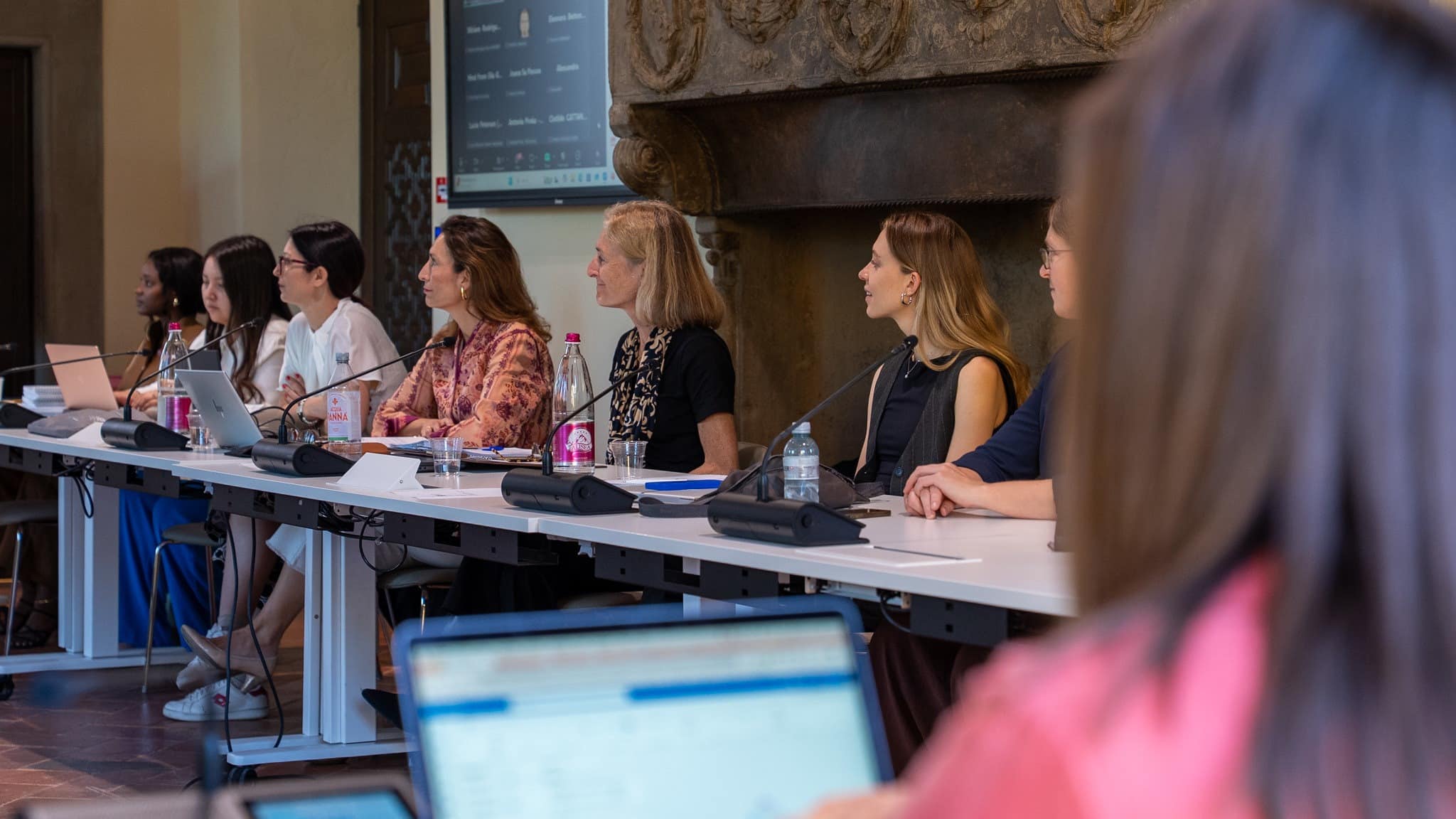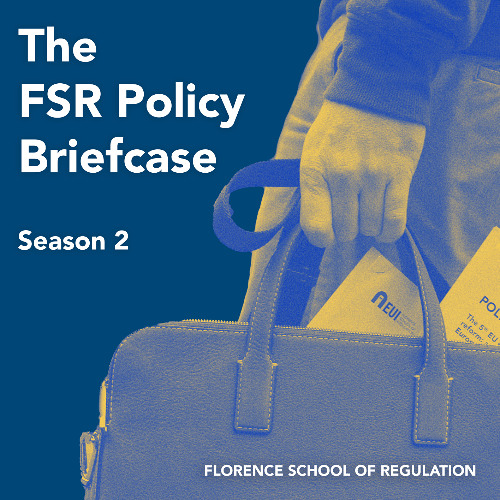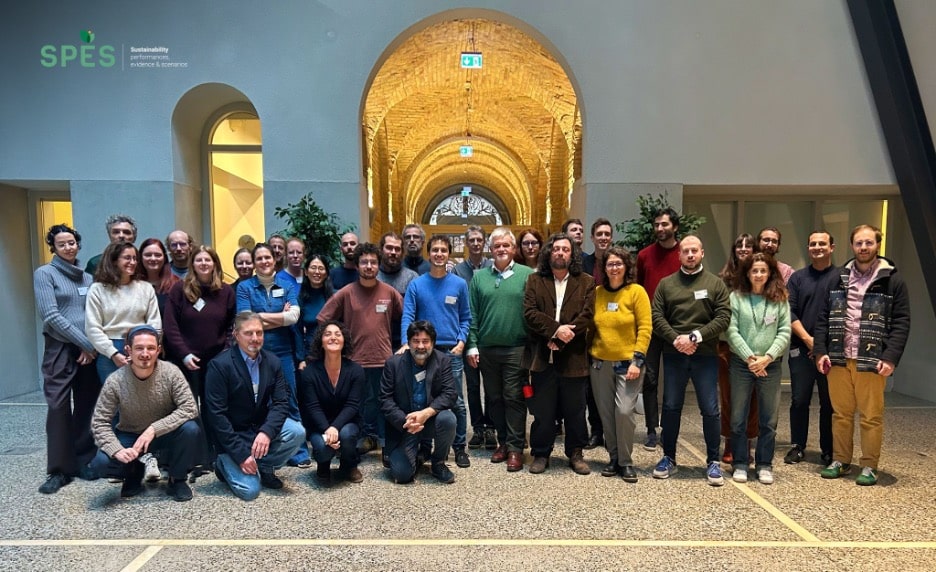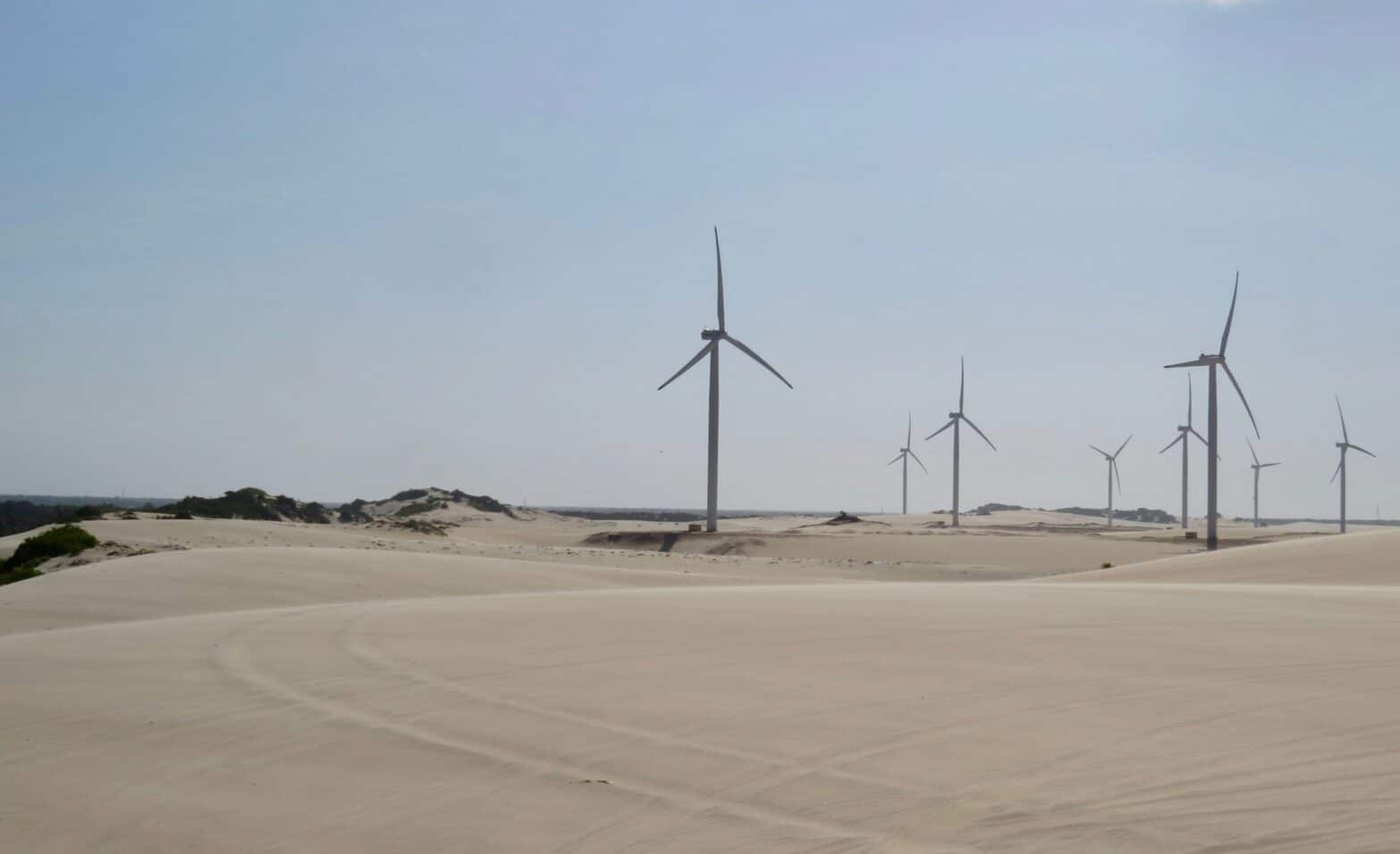Smart Metering Regulation in Brazil: Potential Impacts from Regulatory Delay
Gonçalves, E. *, Dutra, J., Naccache, P.

The paper “Smart Metering Regulation in Brazil: Potential Impacts from Regulatory Delay” (Gonçalves, E. *, Dutra, J., Naccache, P.) will be presented at the 8th Conference on the Regulation of Infrastructures (20-21 June, 2019).
ABSTRACT
Introduction of a new feature in a regulated industry as the power sector, such as smart metering, is different from the introduction of a new good in a non-regulated business. Potential competitors could have incentives to delay the implementation of this new feature. A regulatory framework for smart metering implementation involves approval of meters’ property, meters’ certification, communication protocols’ homologation, period of roll out and specific requirements to guarantee the substitution of currently installed meters.
In European countries, smart metering is being discussed for over a decade – Italy, for instance, had its first smart meters installed in 2001, and other countries had cost benefit analysis for smart metering implementation been made since then, such as Netherlands (2005), Belgium (2011), Germany (2013) and Hungary (2013). Brazil is far behind those countries. In the country, implementation of the smart metering has to be authorized by ANEEL, the Brazilian Energy Commission, and the smart metering equipment itself has to be homologated by Inmetro, the National Institute for Measurement, Quality, and Technology. In 2009, Inmetro began discussing smart metering implementation in Brazil and in 2012, the Institute launched a regulation establishing the minimum requirements for smart metering equipments in Brazil. This regulation, though, has been modified in 2013, 2014, and 2015. This instable regulatory framework has contributed to leave the country behind many others in terms of smart metering implementation.
Considering the also regulated telecommunications industry in the US, Hausman (1997) estimated the cost of regulatory delays by valuing the economic gains that consumers would have had if the service had been available during the period of regulatory delay. He considered the case of voice messaging services in the US, implemented more than 10 years after AT&T’s first proposal of implementation to the regulator. Hausman estimates this delay costed billions of dollars for consumers. The same methodology applied to the regulatory delay concerning the introduction of the cellular telephone service showed an approximated cost of US$100 billion to costumers. These two cases show how the regulatory delay for the introduction of new telecommunication services in the US has caused large losses in consumers’ welfare. Oster and Quigley (1977) also showed that the regulatory framework could negatively impact an industry: for the construction sector, they argue regulation delayed the diffusion of certain techniques.
In this context, this paper aims to measure potential losses in consumer welfare from regulatory delay of smart metering implementation approval by the regulator in Brazil. Analogous to the telecom industry in the US, an inadequate regulatory framework for the power sector in Brazil could inhibit players to develop and implement new features and solutions – such as smart metering – in a fast-changing industry. The methodology proposed aims to estimate potential losses in consumer welfare from regulatory delay of smart metering implementation approval by Inmetro and follows a strategy similar to Hausman (1997). Consider the demand for a new good or service, such as smart metering, xn, as a function of all prices and income, y, in period 1:
xn = g(p1,…, pn-1, pn, y) (1)
If smart metering were not available in period 0, solving the equation for the reserve price, pn*, causes the “demand” for this new feature to be equal to zero:
0 = xn = g (p1, …, pn-1, pn*, y) (2)
The expenditure function for (1) is then
y = e (p1, …, pn-1, pn, u¹) (3)
Solving for the amount of income needed to achieve utility level u¹ in the absence of smart metering, from (3) we have:
y* = e(p1, …, pn-1, pn*, u¹) (4)
The change in consumer welfare from smart metering implementation is then y* – y. It is important to highlight that the ownership of smart meters, according to Brazilian regulation, belongs to the utility (energy distribution firm). Then, different from Hausman (1997), we will use another approach to compute the variation on Marshallian surplus – a Computable General Equilibrium (CGE) Model for Brazilian economy, taking into account the pricing of externalities – emissions reduction on consumer´s welfare.
Therefore, we expect that the regulatory delay for this specific case could potentially not only cause losses in consumers’ welfare, but in the whole economy – retarding the potential benefits a smart metering implementation could bring, such as emissions reduction and energy efficiency, taking into account that Brazilian power system makes use of thermal sources like coal, diesel and natural gas.
Presentation is available here.
ABOUT THE AUTHORS
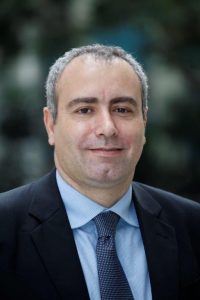
Edson Gonçalves is a senior researcher at the Center for Studies in Regulation and Infrastructure at Fundação Getulio Vargas, Brazil, since 2014. Prof. Gonçalves was a senior expert/principal at Accenture Management Consulting with focus on Risk Management and Financial Modeling. His current research includes energy economics, infrastructure economics, risk modeling, finance and governance. Graduated in Engineering Mechanics, Prof. Gonçalves obtained MSc. and PhD degrees in Economics at Fundação Getulio Vargas. He teaches at the School of Economics and at the School of Business Administration (Fundação Getulio Vargas). He is a member of GARP (Global Association of Risk Professionals) and PRMIA (Professional´s Risk Managers International Association).

Joisa Dutra is a founder and Director of the Center for Studies in Regulation and Infrastructure at Fundação Getulio Vargas, Brazil, from 2010. Prior to founding CERI, Prof. Dutra was Director at the Brazilian Electricity Regulatory Agency (ANEEL) from 2005 to 2009. At CERI Prof. Dutra has been focusing her research work on topics such as economics of regulation for network industries, energy economics, auctions, economics of contracts, governance, risk and financing. Graduated in Economics, Prof. Dutra obtained MSc. and PhD degrees at Fundação Getulio Vargas. She teaches at the School of Economics graduate school. She was a visiting Prof. at Mossavar-Rahmani Center for Business and Government at Harvard Kennedy School, Harvard University in 2010 as well as at University of Queensland, through the Australian Leadership Award Fellowship Program in 2013. With a distinct career in regulation economics, Prof. Dutra is member of Electricity Council, World Economic Forum since 2014.

Patricia Naccache is a researcher at the Center for Studies in Regulation and Infrastructure (CERI) at Fundação Getulio Vargas, Brazil, since 2017. Her current research focus on energy economics, infrastructure economics and finance. Graduated in Economics, she obtained MSc. in Finance at Pontifícia Universidade Católica, Rio de Janeiro (PUC-Rio), with a double degree in International Management from the University of Grenoble II – Pierre Mendès-France. Prior to CERI, she worked as an economic analysis specialist at the Brazilian Institute of Economics, where she developed customized price indexes for infrastructure, reference prices and costs.
*presenting author
Don’t miss any update on this topic
Sign up for free and access the latest publications and insights



